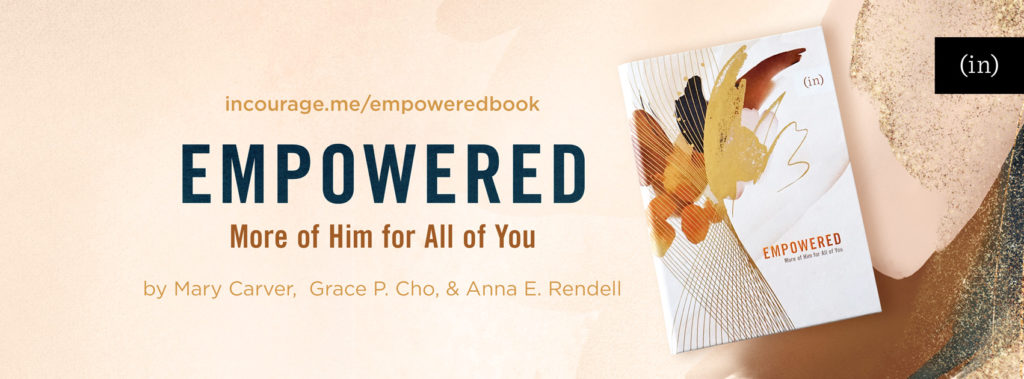Too busy to read today’s article? No problem — listen to it here!
I rolled over to turn off my cell phone alarm and decided to hop online to find out what was going on in the world. I ended up checking email and scrolling through social media too, and before I knew it almost an hour had passed. My stomach rumbled, reminding me I hadn’t eaten breakfast so I got up and went downstairs to make coffee and toast.
When I was finished eating, I took a shower and got ready, then decided to check my work email before I read my Bible and devotional. After deleting the promotional emails and feeling like my inbox was more manageable, I hopped over to Instagram — again.
Finally, I came out of my digital daze and scolded myself for wasting most of my morning scrolling. But I knew there was a reason, and eventually when I took time to pray about it and quiet my heart to listen, I sensed I’d been trying to fill my need for real-life connections with a white screen and black alphabet keys. But my heart craved something no amount of digital interactions could fill.
That afternoon when my kids got home from school, I noticed how quickly they turned to their digital devices too, and it dawned on me that my children are dealing with the same struggles as I do.
As much as they love their screens, our kids need real-life connections and a sense of belonging that comes through relationships and spending time together. Even with their own distractions, that day I realized how much my children need my presence and my attention.
There were (and sometimes still are) times when we would be together as a family, but my mind would be somewhere else getting something done. I remember when my boys were not yet teens and we were playing a board game one Saturday night, I felt so proud of myself for leaving my phone in the kitchen. I felt like a great mom who was being fully present with my kids — until I got distracted.
Although my body was still in the living room, my mind had drifted off somewhere else, returning calls and texts in my head, making a grocery list, and thinking about all I could be getting done. I glanced at the clock across the room to see how many hours it would be before our boys’ bedtime when I could get started on my to-do list. As I looked back at the game, my younger son, Andrew, had turned his head to where all I could see was the silhouette of his face.
He looks so much older, I thought. It won’t be long before he starts counting the hours until I go to bed so he can text friends and stay up late playing video games. Lord, help me cherish and enjoy the gift of being with the ones I love while they’re still with me, I prayed silently.
Jesus knew His time on earth was limited, but He never seemed hurried or distracted. I never sense He saw people’s desire for His time as an interruption, but rather, He welcomed it as an invitation. He valued being with people over being productive.
Unlike Jesus, I tend to be a type-A, get-it-done kind of girl. Being instead of doing has always been hard for me. But I also know God wired me this way, so He’s the only One who can make me more like Him. My only hope is to take my struggles to Jesus and ask Him to help me manage the tension between desires and distractions.
When I spend time with God, He challenges me to slow down and enjoy being with my husband and children. He knows how important they are to me, and He also knows how easily I get tangled up in my tasks and to-do lists. He slows me down and gives me sweet reminders like my child’s silhouette. He also helps me come up with creative ways to stay present with my people when my high octane brain gets distracted.
- I look into their faces and remember what they used to look like. This helps me grasp how quickly time flies.
- I think back to what life was like without them. This makes me thankful God gave them to me.
- I imagine a day when they won’t be with me, the day they may live in another city with their own families. This makes me want to cry! But then I freeze-frame that moment so it will last longer.
- I sometimes imagine it’s the last time we will be together and focus on making it our best! Yes, sometimes I have to go to that extreme.
Jesus valued face-to-face connections and surrounded Himself with family and friends — spending time with people over meals, at weddings, fishing, and as they traveled together. Through His example, we see how important it is to satisfy our craving and our kids’ craving for connection by spending time together.
Lord, You created us with a longing for connection and a sense of belonging that comes when we are together. In a digital world, it’s easy to grow numb to our need for real-life relationships with screens pulling us away from what matters most to us and to You. Help me find the balance between being together and being productive. I need Your wisdom and creative ways to connect with my kids. Amen.


